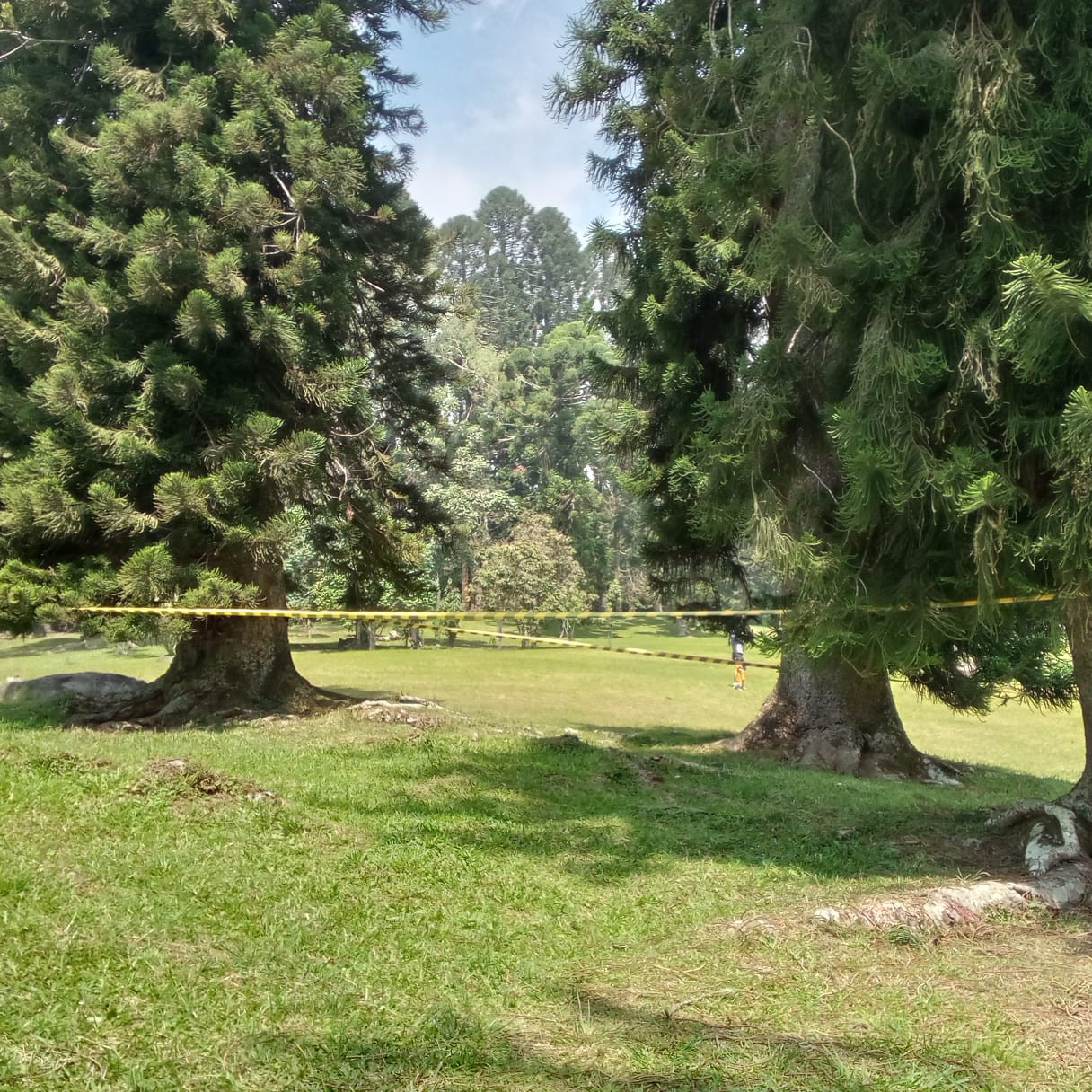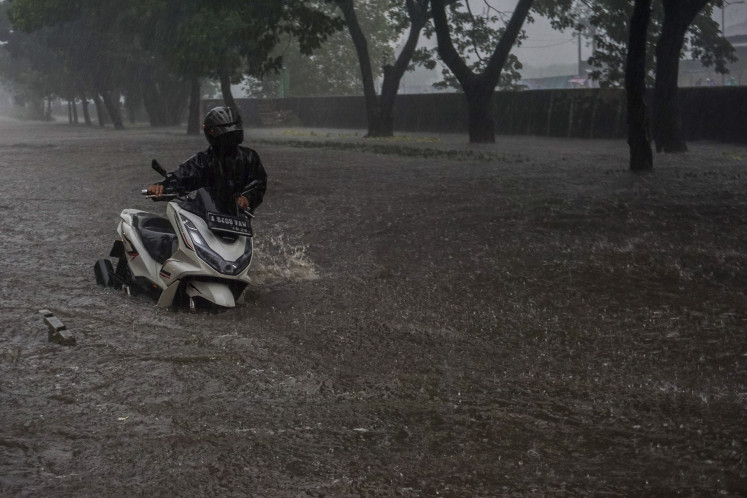Popular Reads
Top Results
Can't find what you're looking for?
View all search resultsPopular Reads
Top Results
Can't find what you're looking for?
View all search results10 percent of Cibodas Botanical Gardens trees in danger of falling
Decades-old rotten trees vulnerable to falling make up about 10 percent of 8,646 plants in collection at the Cibodas Botanical Gardens in Cianjur, West Java.
Change text size
Gift Premium Articles
to Anyone
D
ecades-old rotten trees vulnerable to falling make up about 10 percent of 8,646 plants in collection at the Cibodas Botanical Gardens in Cianjur, West Java, according to the park management.
Mahmudin, a park official said that most of the vulnerable trees are of the Araucariaceae and Cupressaceae conifer families, aged between 50 and 100 years old.
For safety precautions, the park management routinely checks their collection and set-up restriction areas around such trees.
“We also prune branches based on our monitoring,” he said.
Dwi Novia, the park’s public relations official, said that park security personnel also routinely patrol the compound to remind visitors to stay away from marked trees.
Following eased pandemic restrictions this year, the park has seen more and more visitors. This year it recorded a peak number of around 10,000 visitors in a day during the Idul Fitri holidays in early May.
Cibodas Botanical Gardens is an extension of the Bogor Botanical Gardens and was specially built to grow subtropical plants in 1852. Covering an 85 hectare area, the park lies at the entrance of Mount Gede Pangrango National Park, at an altitude of 1,300 meters to 1,425 meters above sea level. (dre)










